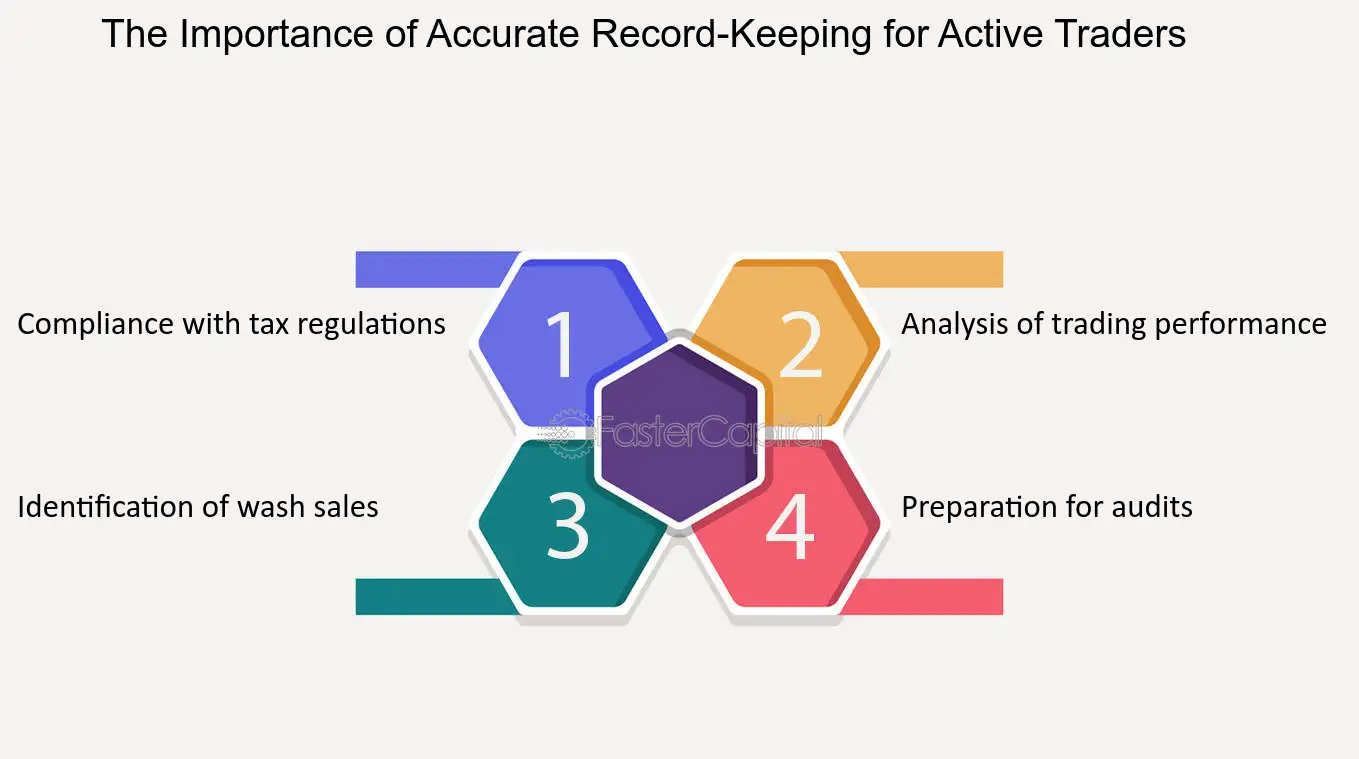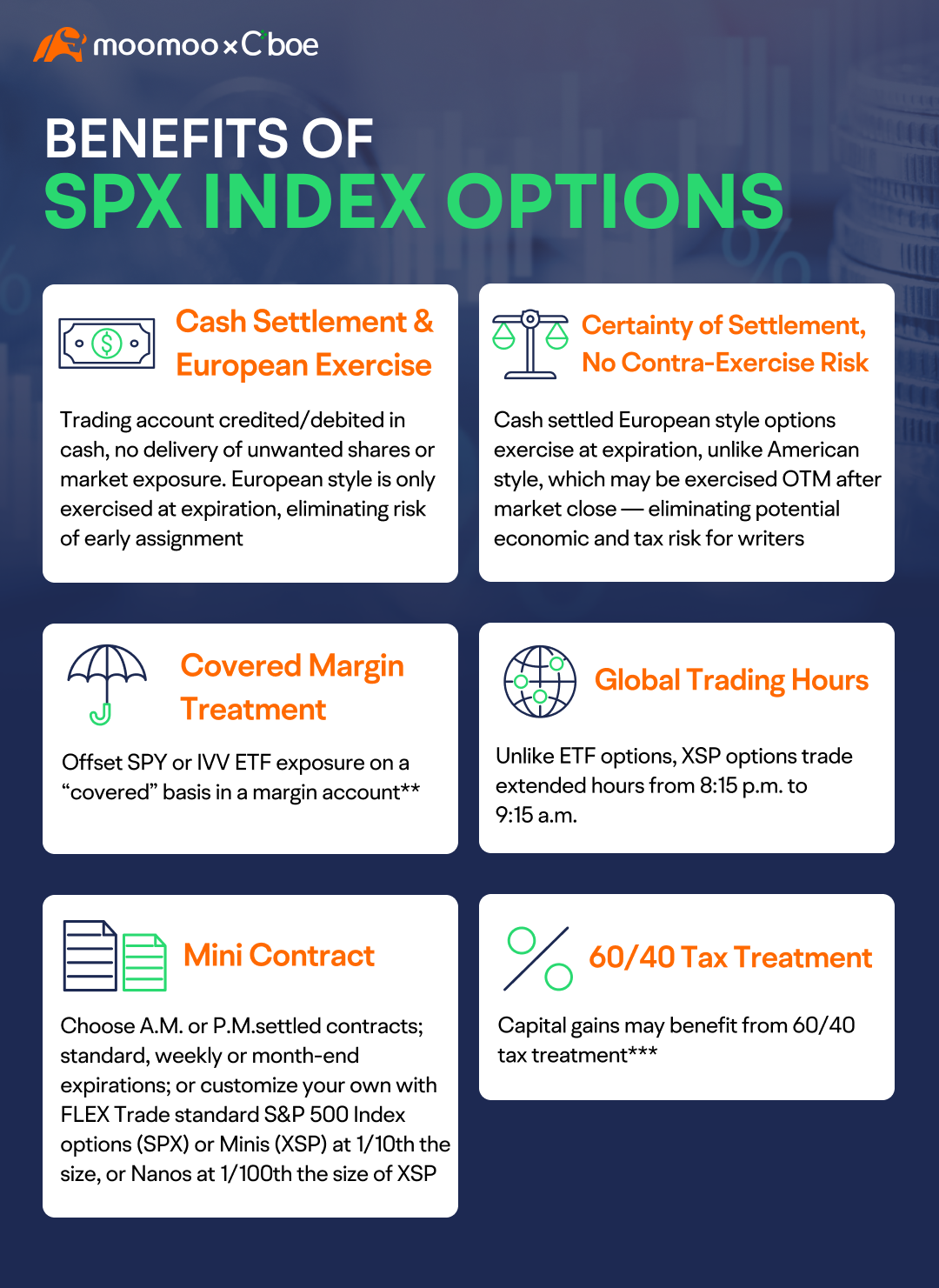Did you know that the IRS has a special category for day traders, but they don't come with a welcome gift? When it comes to taxation, day traders face unique challenges and opportunities. This article dives into the intricate world of tax laws specifically for day traders, covering essential topics such as how day trading income is taxed, differences between day traders and traditional investors, and the necessary forms to file. We'll explore the implications of short-term capital gains, deductible losses, and the importance of meticulous record-keeping. Additionally, we will discuss self-employment taxes, the IRS classification of day traders, and state tax considerations. By the end, you'll have a comprehensive understanding of how to navigate the tax landscape as a day trader, brought to you by DayTradingBusiness.
What are the main tax laws for day traders?
Day traders are taxed under ordinary income rules if they qualify as traders in securities, meaning their trading is frequent, substantial, and aimed at profit. They can deduct trading-related expenses directly, but they must meet IRS criteria to avoid being classified as investors. If they qualify, they can elect Section 475(f) marking-to-market accounting, which treats gains and losses as ordinary income and simplifies tax reporting. Otherwise, gains and losses are reported as capital gains or losses, with short-term trades taxed at ordinary income rates. Accurate record-keeping and timely reporting are essential.
How does day trading income get taxed?
Day trading income is taxed as ordinary income, subject to your regular income tax rates. In the U.S., it’s considered either capital gains or self-employment income if you qualify as a trader, which can affect deductions. Short-term trades are taxed as short-term capital gains, taxed at your ordinary income rate. If you qualify as a trader under IRS rules, you might deduct trading expenses on Schedule C. In other countries, taxation varies but generally treats day trading income as regular income or capital gains.
Are day traders taxed differently from investors?
Yes, day traders are taxed differently from long-term investors. Day traders often qualify for trader tax status, allowing them to deduct trading expenses and mark-to-market accounting, which can lead to higher tax rates on short-term gains. Investors typically pay capital gains tax based on holding periods, with long-term gains taxed at lower rates. The IRS treats active trading and long-term investing differently, affecting how income is taxed and reported.
What tax forms do day traders need to file?
Day traders typically need to file IRS Form 1040 and attach Schedule C for business income, or Schedule D for capital gains. If they qualify as traders in securities, they might use IRS Section 475(f) marking-to-market election, which requires filing Form 4797. They also report wash sales and other trading activities on Schedule D and Form 8949. Additionally, they may need to pay self-employment tax if trading as a business.
Can day trading losses be deducted on taxes?
Yes, day trading losses can be deducted on taxes. They can offset gains or, if losses exceed gains, up to $3,000 annually against other income. Day traders often qualify as traders in securities, which allows for specific tax treatment—like marking to market—if they meet certain IRS criteria.
How are short-term capital gains taxed for day traders?
Short-term capital gains for day traders are taxed as ordinary income. They must report profits on their tax return and pay federal income tax based on their personal income tax brackets. No special tax rate applies; gains are taxed at the same rate as regular income.
Do day traders pay self-employment taxes?

Yes, day traders often pay self-employment taxes if they qualify as sole proprietors or single-member LLCs trading as a business. However, if they qualify for trader tax status, they may be considered traders in securities, and their income might be taxed differently, sometimes avoiding self-employment taxes.
Are there special rules for wash sales in day trading?
Yes, wash sale rules apply to day traders. If you sell a security at a loss and buy the same or a substantially identical security within 30 days before or after the sale, the loss is disallowed for tax purposes. Instead, the loss gets added to the cost basis of the new purchase, delaying the deduction. This rule affects day traders because frequent trades can trigger wash sale restrictions, complicating how losses are reported and taxed.
How does the IRS classify day traders?
The IRS classifies day traders as traders in securities who actively buy and sell to profit from short-term price movements. They may qualify for trader tax status if their trading activity is substantial, regular, and conducted with the intent to profit from daily market swings. This status allows for specific tax benefits, like marking-to-market accounting and deducting trading expenses directly.
What record-keeping is required for day trading taxes?

You need to keep detailed records of all trades, including dates, prices, and quantities. Track your gains and losses daily, and maintain records of commissions and fees. Save brokerage statements, trade confirmations, and year-end summaries. Keep all receipts and documentation related to expenses that can offset taxable income. Proper record-keeping ensures accurate reporting and supports your tax filings if audited.
Are there specific tax deductions available for day traders?
Yes, day traders can deduct expenses like trading software, internet costs, home office expenses, and educational courses. They may also qualify for mark-to-market accounting, allowing them to treat gains and losses as ordinary income. However, eligibility depends on meeting IRS criteria for trader status, not investor status.
Learn about Tax Deductions Available for Day Traders
How do you report day trading activity on your tax return?
Report day trading activity on your tax return by using Schedule C to detail your trading income and expenses if you're considered a trader in securities. If you're classified as an investor, report gains and losses on Schedule D and Form 8949. Keep detailed records of all trades, including dates, amounts, and costs, to accurately calculate profit or loss. Day trading can also qualify for Mark-to-Market accounting under Section 475, which requires reporting gains and losses as ordinary income or loss. Consult a tax professional for your specific situation and to ensure compliance with applicable laws.
Learn about How to Report Day Trading Income on Your Tax Return
What are the tax implications of using a trading account versus a margin account?

A trading account typically involves paying capital gains tax on profits, with short-term gains taxed at your ordinary income rate. A margin account allows borrowing funds, but gains and losses still count as capital gains or losses; margin interest may be deductible. For day traders, taxes can be complex: they might qualify as traders with special tax rules, potentially electing mark-to-market accounting, which taxes gains as ordinary income and avoids wash sale rules. Always consult a tax professional for specifics, as laws vary by jurisdiction.
Can day trading profits be deferred for tax purposes?
Yes, day trading profits can be deferred for tax purposes if you qualify as a trader and elect mark-to-market accounting under IRS rules. This converts gains and losses into ordinary income and allows you to report them annually without realizing them until sale. Otherwise, profits are taxed in the year they are realized, and there's no standard deferral option for casual traders.
Are there state tax considerations for day traders?
Yes, state taxes affect day traders, and rules vary by state. Some states tax all income, including day trading profits, while others have no income tax. If you live in a state with income tax, your trading gains are subject to state income tax laws. Additionally, certain states may have specific rules or deductions related to trading income. Always check your state's tax regulations to understand your liabilities.
Conclusion about Are there specific taxation laws for day traders?
Understanding the unique tax implications for day traders is crucial for maximizing profits and ensuring compliance. Day traders face specific tax laws that differ from traditional investors, particularly regarding income classification, short-term capital gains, and deductions for losses. Proper record-keeping and awareness of forms required by the IRS are essential to navigate these complexities. For those seeking deeper insights and guidance on day trading taxes, DayTradingBusiness offers valuable resources to help you stay informed and optimize your trading strategy.